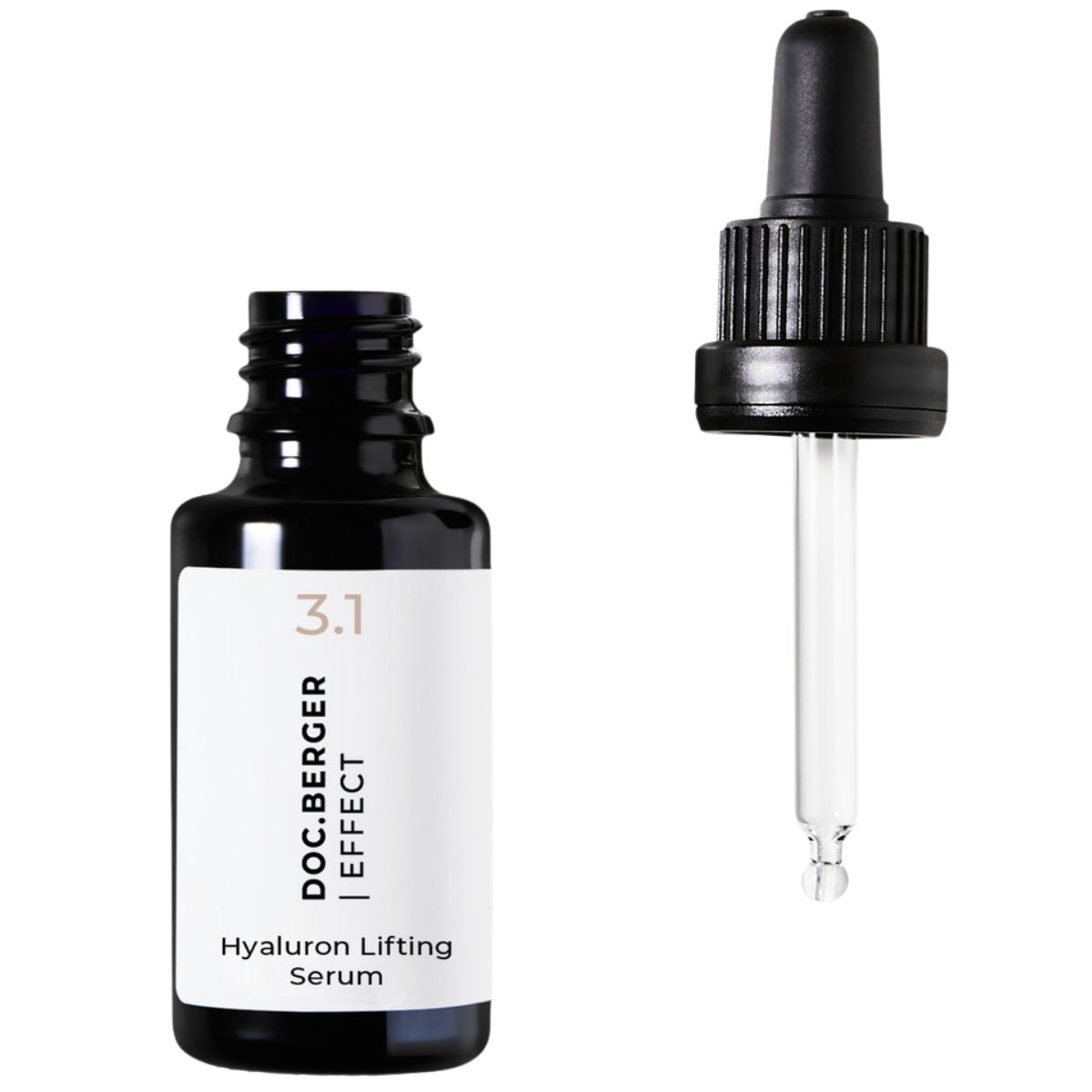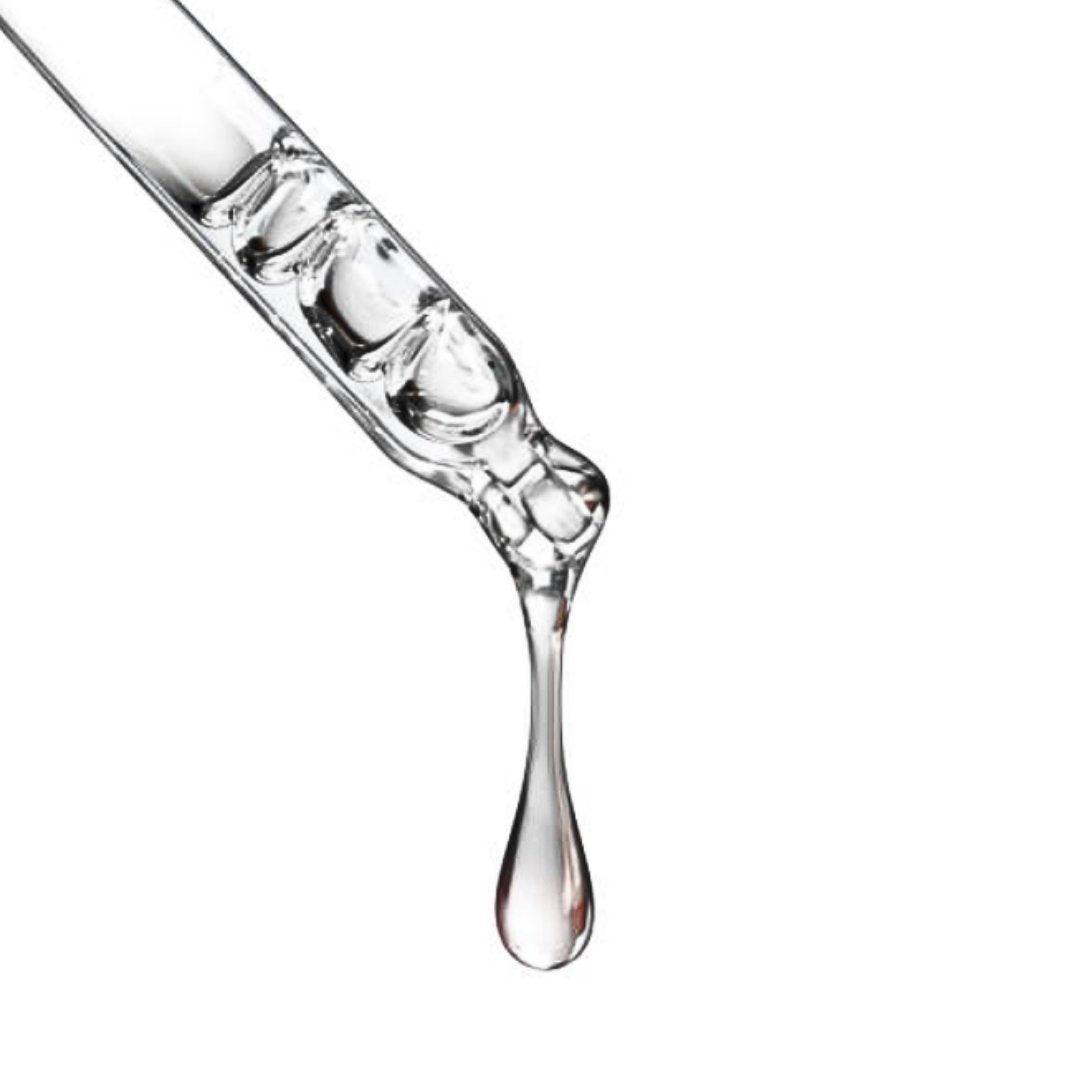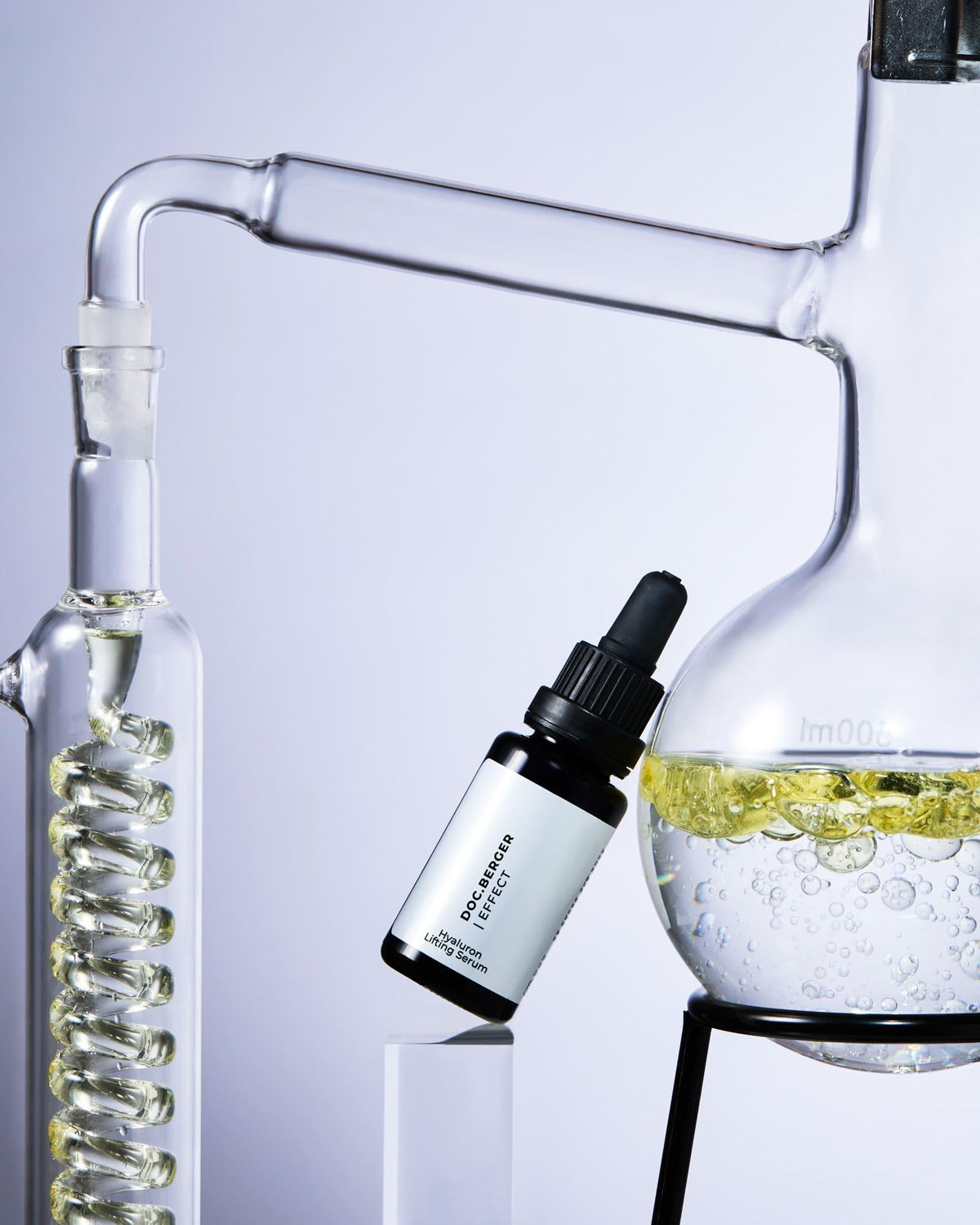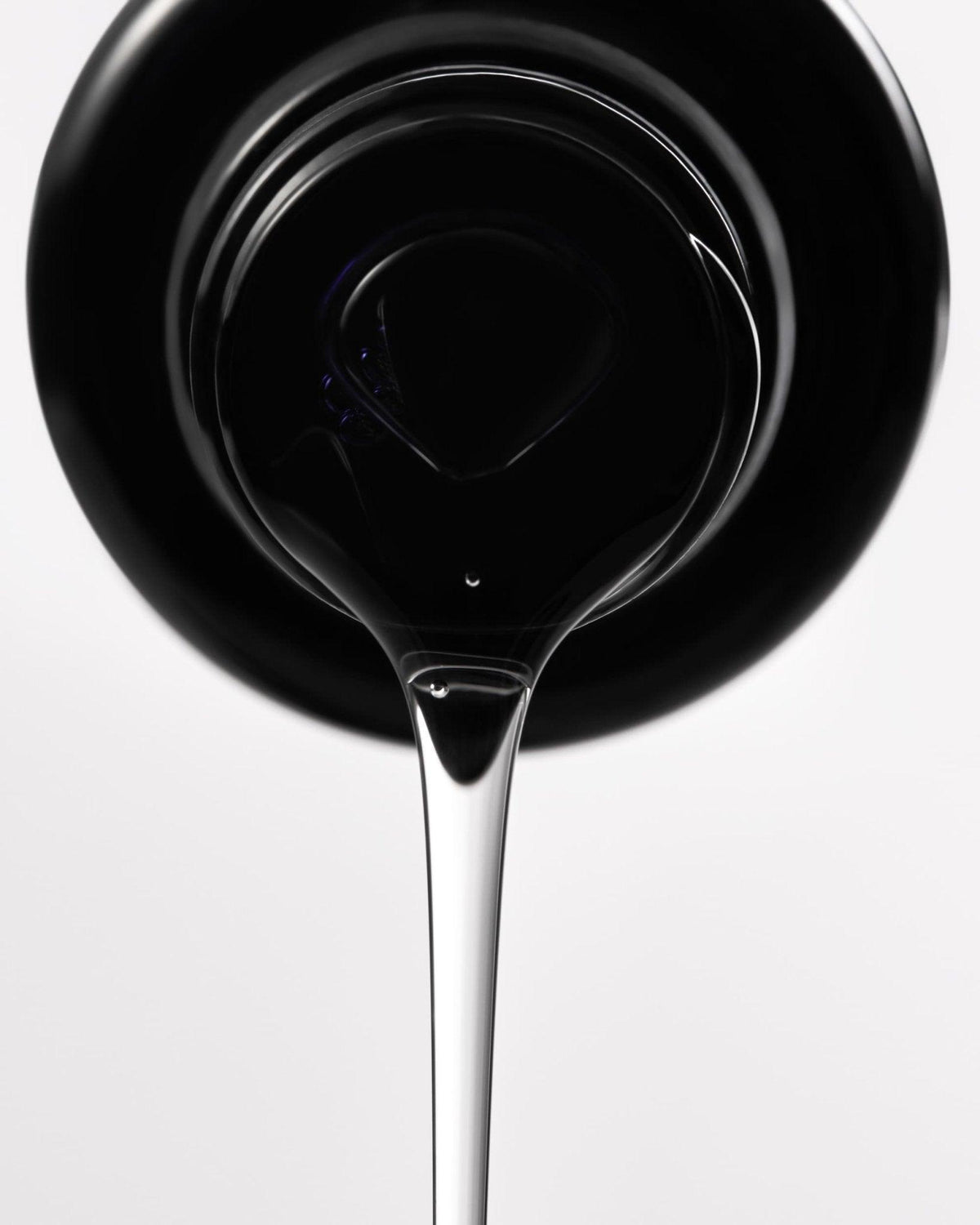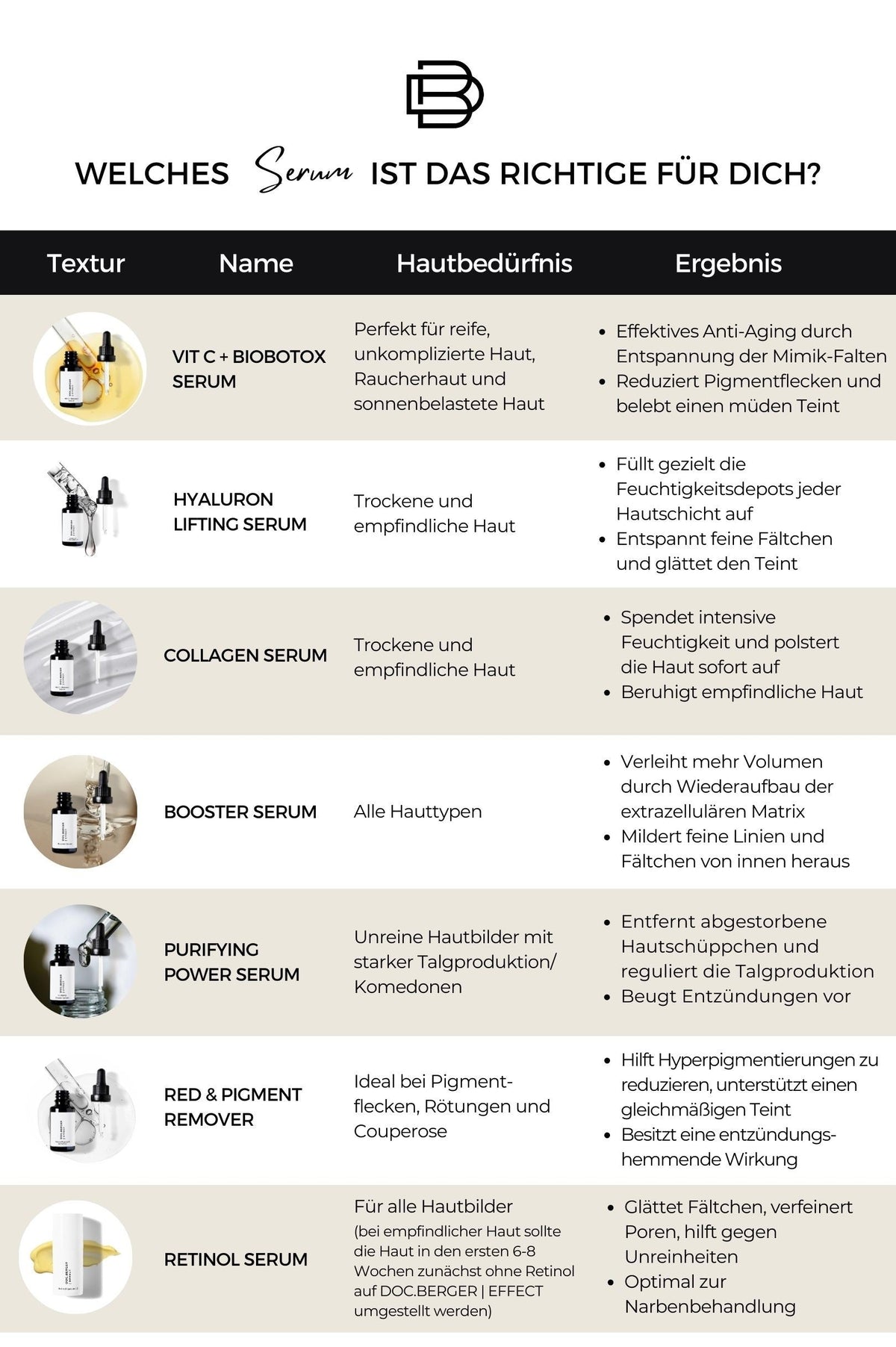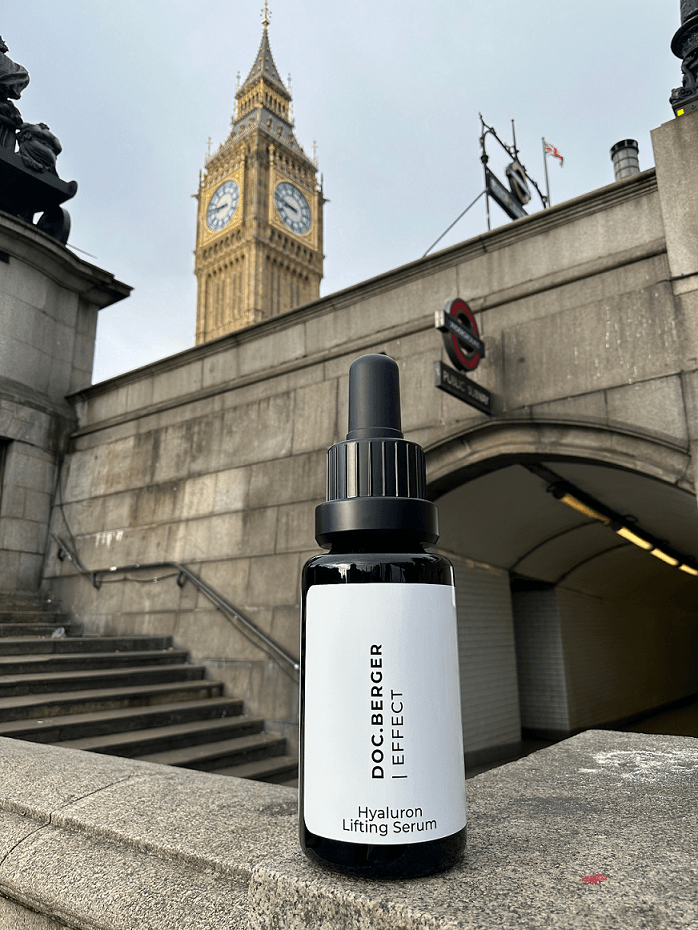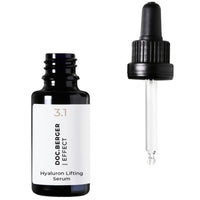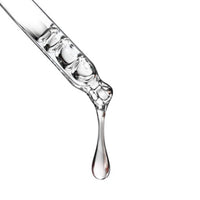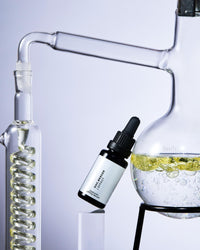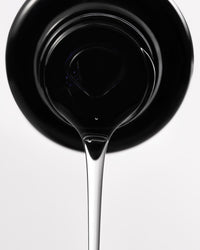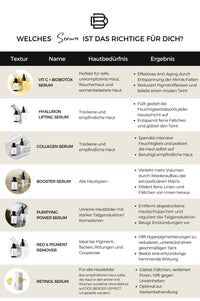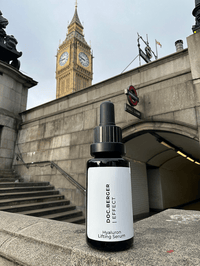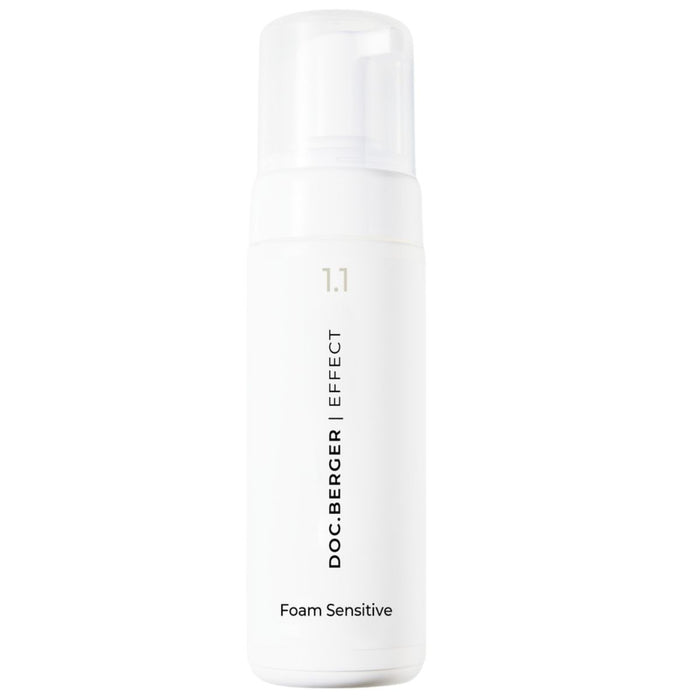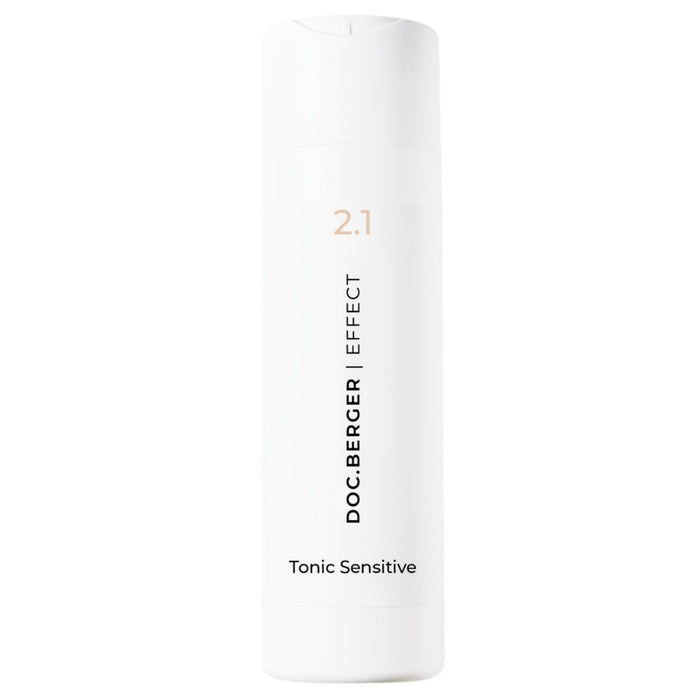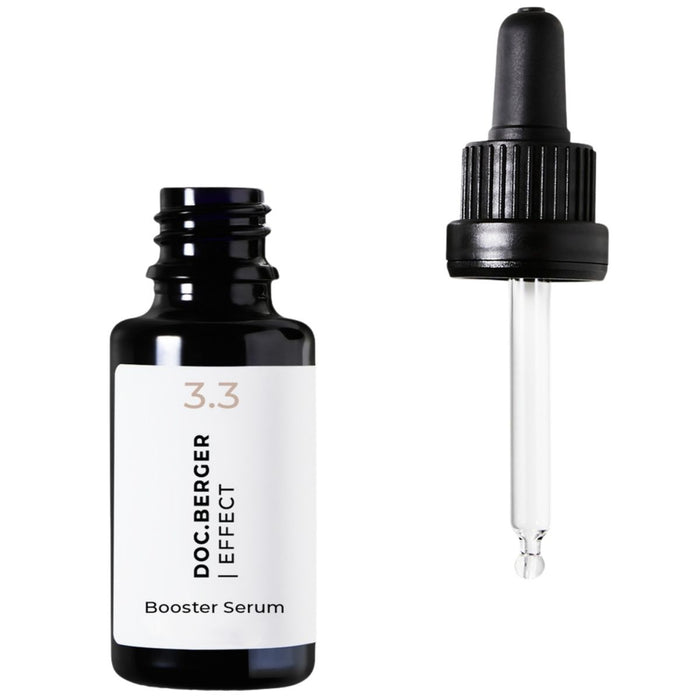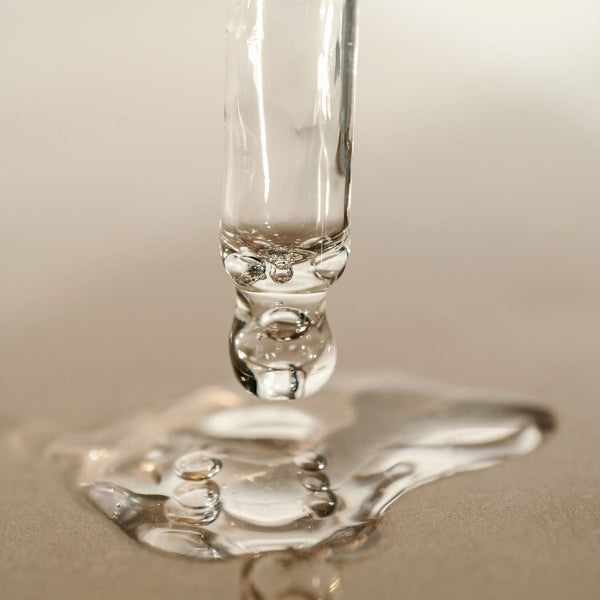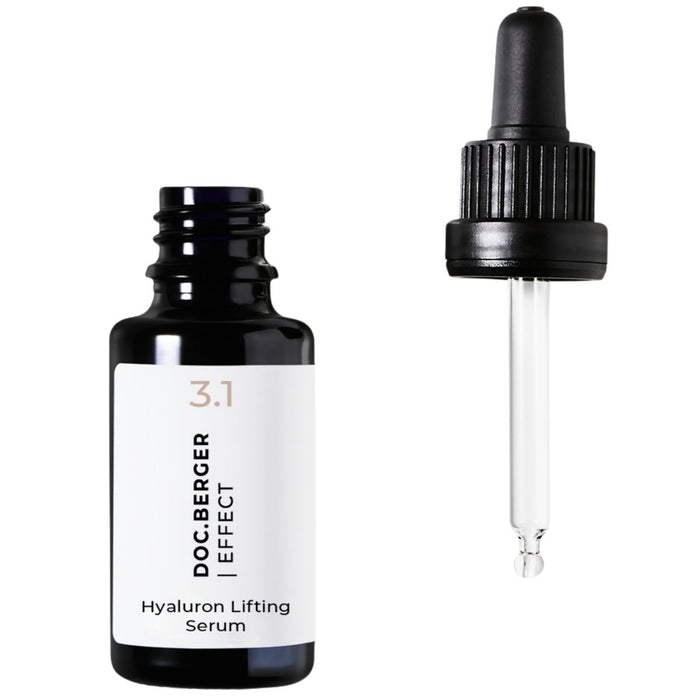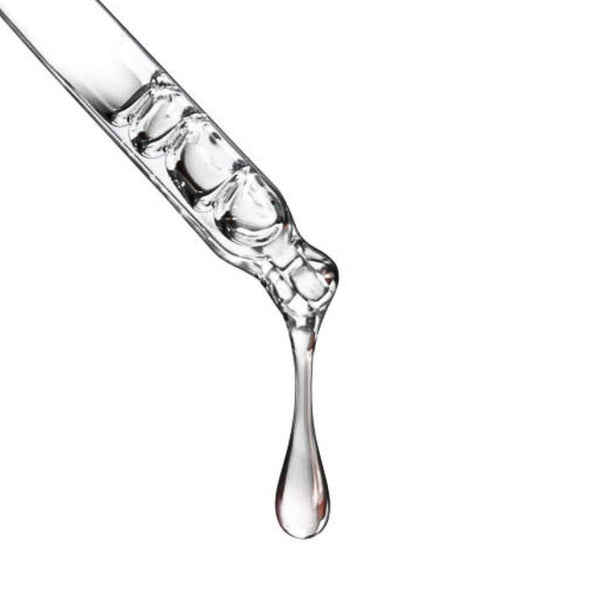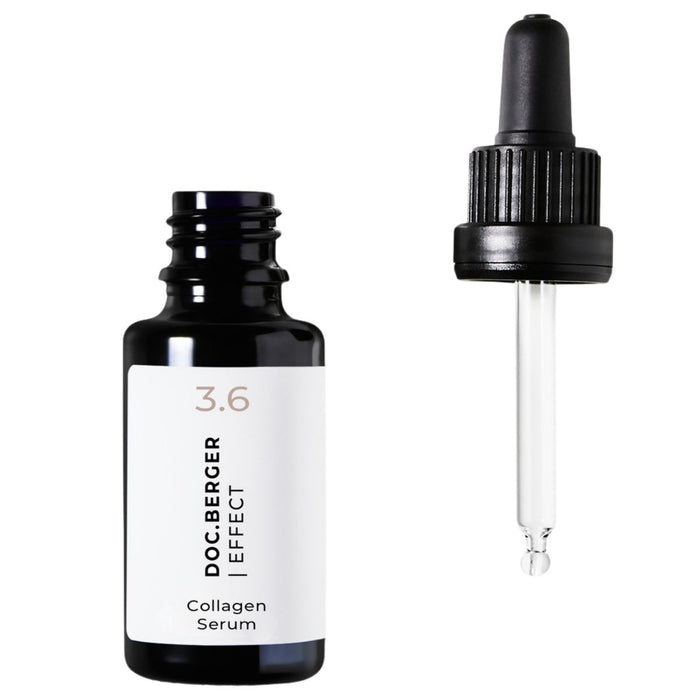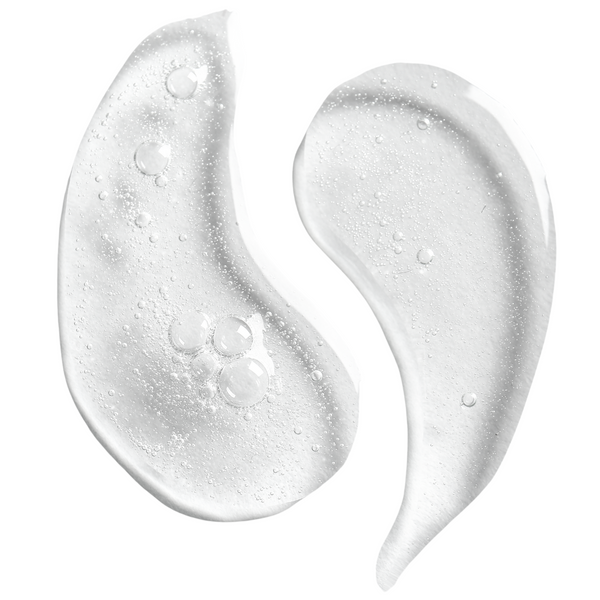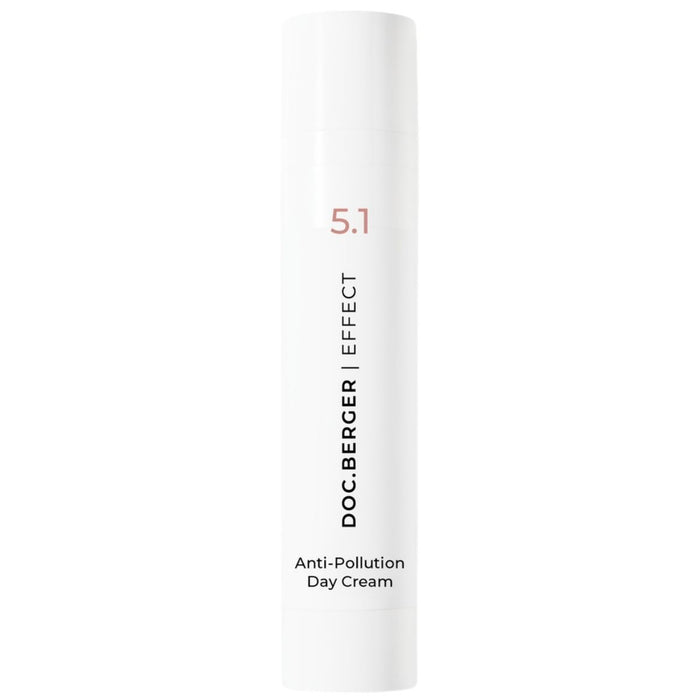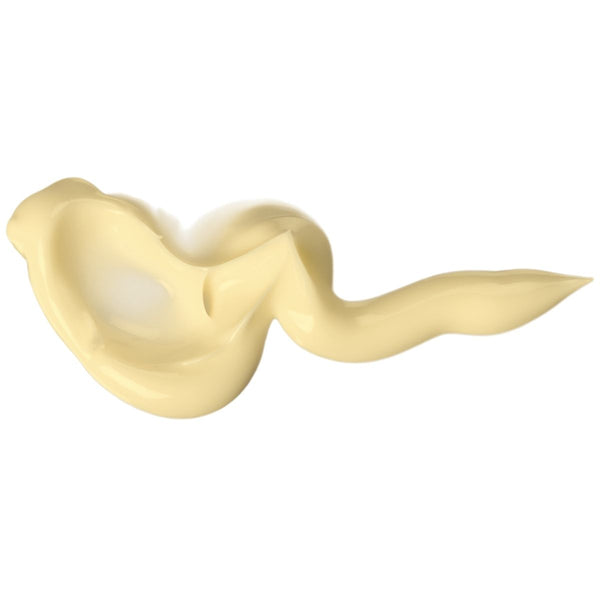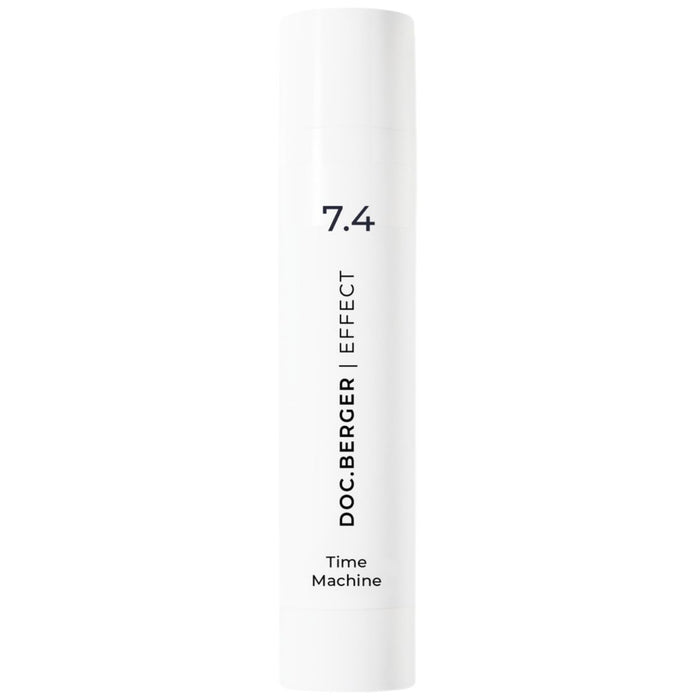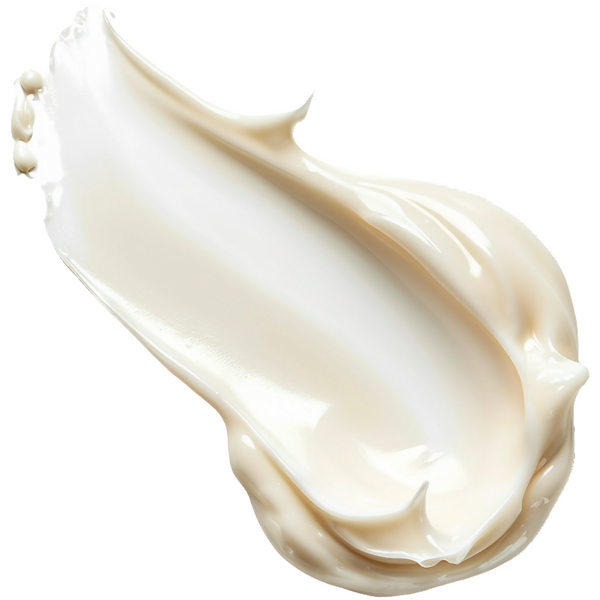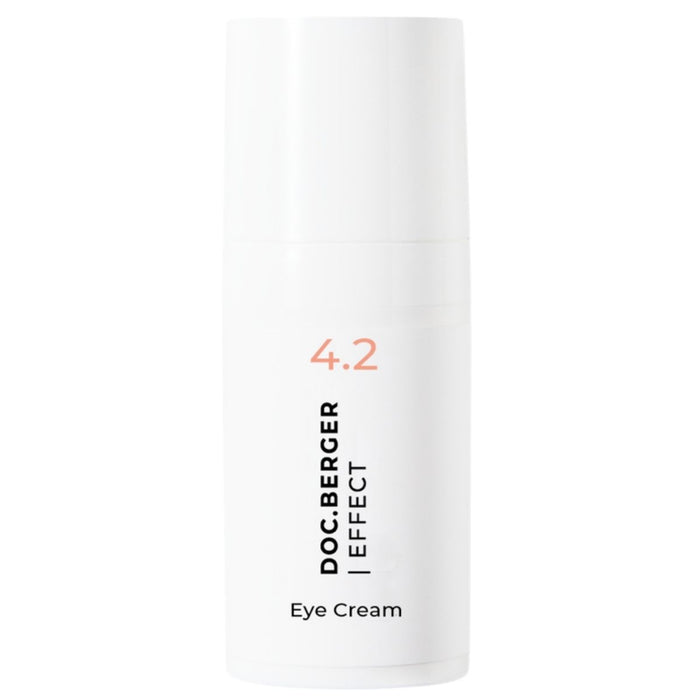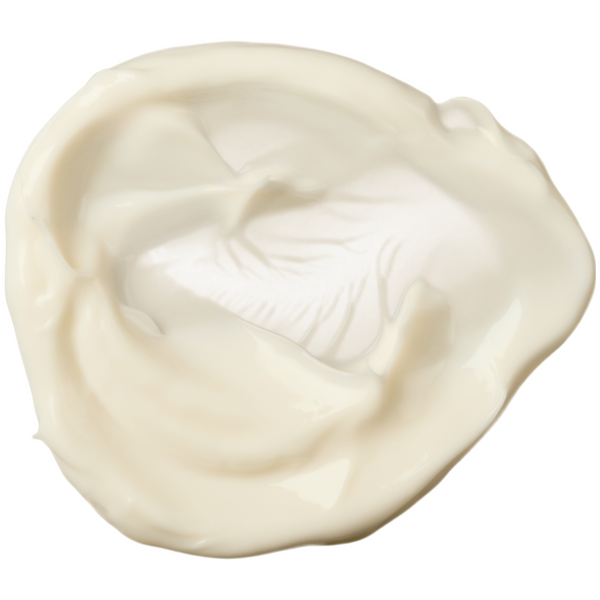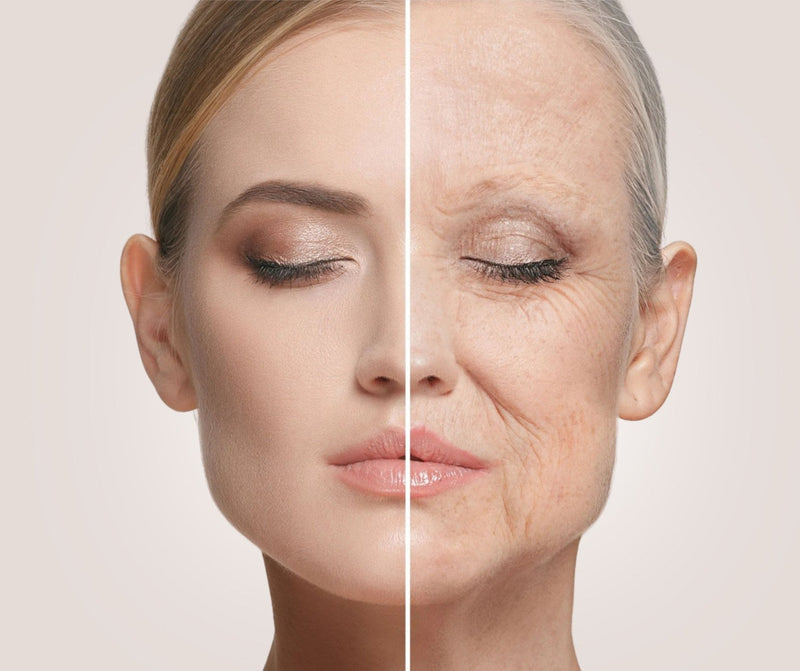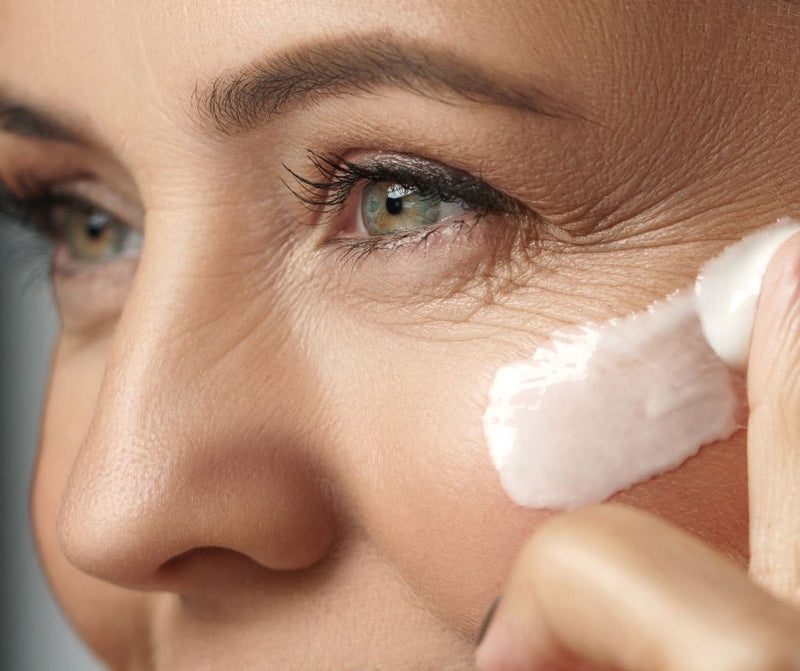Recommended and Safe Skincare Routine for Pregnant Women
During pregnancy, the skin needs special care to stay healthy and radiant. Here is our recommended routine that provides gentle cleansing and targeted care:
Double Cleansing with Foam and Face Tonic
For thorough and gentle cleansing, we recommend our Foam Sensitive or Foam Intense depending on your skin type. These products gently remove dirt and excess sebum without drying out the skin. Then our Tonic Sensitive or Tonic Intense is used to refine pores and prepare the skin for the following care.
Serums for Intensive Care
After cleansing, apply highly effective serums to specifically care for the skin:
Moisturizing and Sunscreen
Our Anti-Pollution Day Cream with SPF 30+ provides skin with moisture, protects against harmful environmental influences and UV rays. It is the ideal day care during pregnancy, ensuring comprehensive protection and a fresh complexion.
Night Care for Pregnant Women
For skin regeneration during the night, there are several options available depending on skin needs:
Avoid Purifying Products, Retinol Serums, and Aggressive Peels
Products from the Purifying line, retinol serums, and aggressive peels should be avoided during pregnancy as they can irritate sensitive skin. Instead, we recommend opting for the gentle and effective alternatives mentioned above.
Products for Stretch Marks and Skin Firming
During pregnancy, rich oils and creams are especially important to promote skin elasticity and tighten the tissue to prevent stretch marks. Our scar care products, like the Vit C + Biobotox Serum and the Anti-Pollution Day Cream, are also excellent for supporting the skin.
- Vit C + Biobotox Serum: This serum not only helps brighten and firm the skin but also promotes tissue regeneration, making it ideal for caring for stretch marks and scars. Vitamin C acts as a potent antioxidant that stimulates collagen production and can improve the appearance of scars and stretch marks.
- Anti-Pollution Day Cream: This cream not only protects the skin from environmental influences but also contains moisturizing and firming ingredients that strengthen the skin barrier. It helps keep the skin elastic, reducing the likelihood of stretch marks, while also protecting the skin from premature aging, ensuring a healthy skin appearance.




